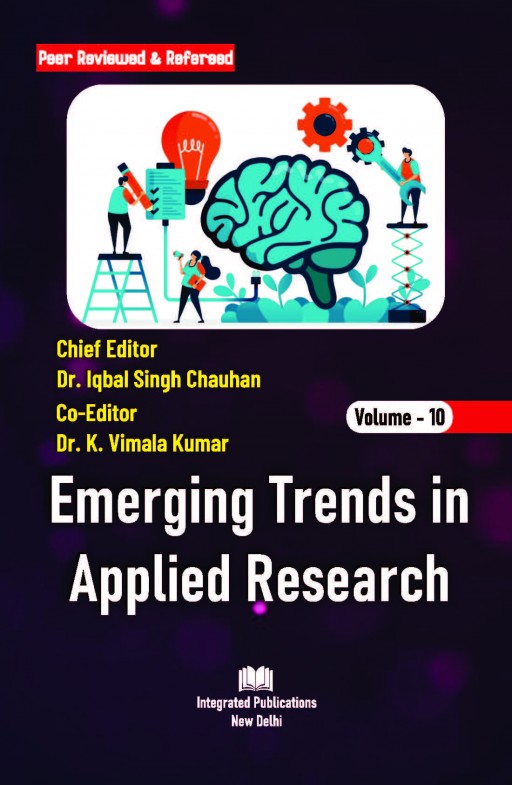Thyroid Function Tests: Navigating the Hormonal Landscape


Thyroid function tests (TFTs) play a pivotal role in the diagnosis, management, and monitoring of thyroid disorders, which affect metabolic processes, growth, development, and overall physiological stability. This chapter outlines the anatomy and physiology of the thyroid gland and explores the key biochemical tests used to evaluate thyroid function, including measurements of TSH, free and total T3 and T4, reverse T3, and thyroid autoantibodies. It further examines the clinical implications of these tests in various thyroid dysfunctions such as hypothyroidism, hyperthyroidism, and subclinical disorders. The chapter also highlights the significance of TFT interpretation in special populations such as pregnant women, neonates, and the elderly. With advancements in immunoassay technology, increased accessibility through point-of-care testing, and the development of novel parameters such as SPINA indices, TFTs continue to evolve. Despite their utility, certain limitations such as assay interference and external factors must be considered for accurate interpretation. Ultimately, thyroid function tests are essential tools for ensuring appropriate clinical care and improving patient outcomes in thyroid disease.